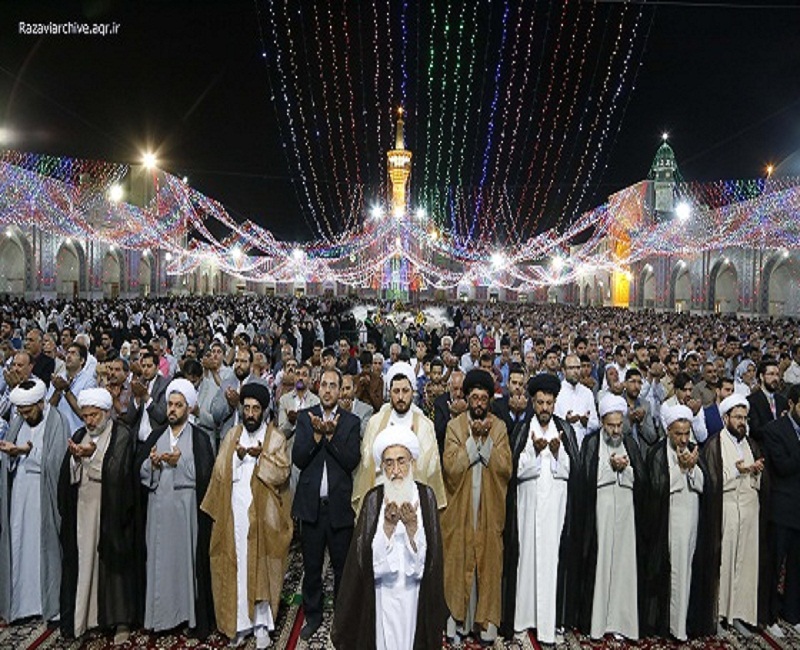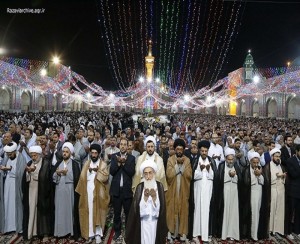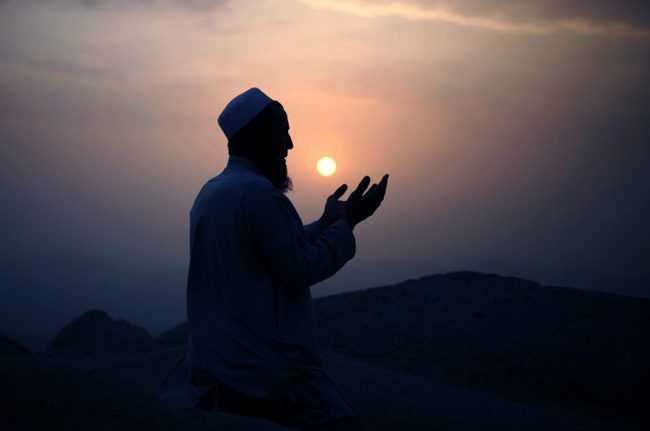What is the philosophy behind the importance of Jihad and struggling with ego?
In Islam, there are two kinds of “Jihad” and struggling or battling, one is with the external enemies and that is with those who are fighting with Islam, but it must be noted as an important point that Islam has never ordered its followers to kill every one that does not believe in Islam, because you know that nowadays some anti-Islam criticize Islam and accuse it of having some harsh rules and they bring as witness, some verses of the holy Quran in which Muslims were ordered to kill some infidels, but these verses do not mean what they say and those verses mean something else, like struggle with those who has started battling Muslims, so here is very important subject, but our subject in this essay refers to the second kind of Jihad and struggling which is with the internal enemy. Some people might ask do we have internal enemy? We answer: yes, and that is our ego. It must be described that we do not say that we are against ourselves and we must kill ourselves in ways like suicide, but we say that some internal wishes and eagerness of ourselves must be struggled with, for example in our inside there might be a sense of envy, so we must try to cure this illness, because in Islam, we do not have just physical illnesses like headache, but rather there are some spiritual illnesses too, like envy, backbiting, etc. and we believe that the dangers of such illnesses i.e. spiritual illnesses are so much more dangerous than the physical illnesses. Imagine a person that has cancer, it is possible for such a person to die after a short while, but let’s compare it with the illnesses that not only make people away from the spiritual perfection, but also if it does not get cured, the lives that we will have after our death which last forever, will be affected by that, and probably for very long time or even forever, we will be punished because of the consequences of that in the hereafter.
So it shows the importance of Jihad and struggling with negative attributes that we might have.
This very important jihad is called جهاد النفس”” or struggling with ego.
And the process of Jihad with ego is called “تزکیه النفس” which means the purification of the soul. So the question is how can we do it?
As the answer to this question, we say: the way of that can be derived from the verses of the holy Quran and the Narrations of the infallibles, because the purification of the soul was the main reason for sending the holy divine books and the prophets and the Imams, and of course the great Islamic scholars in the field of morality have written many useful and beneficial books in this regard.
The holy Prophet of Islam has a saying, he said: “your most hostile enemy is your ego which is inside you.”
If a person is really seeking the perfection and purification of the soul, definitely Allah will help him/her.
Allah said in chapter Ankabut verse 69:
وَالَّذِينَ جَاهَدُوا فِينَا لَنَهْدِيَنَّهُمْ سُبُلَنَا وَإِنَّ اللَّهَ لَمَعَ الْمُحْسِنِينَ
“Those who struggle in our cause, we will surely guide them to our ways; and Allah is with those who do good”.
By purification of our soul, we can get and obtain the pure heart. Allah said in chapter Shuara verses 88-89(about the Day of Judgment):
يَوْمَ لَا يَنفَعُ مَالٌ وَلَا بَنُونَ
إِلَّا مَنْ أَتَى اللَّهَ بِقَلْبٍ سَلِيمٍ
“The day when neither wealth nor sons shall benefit,
except him who comes before Allah with a pure heart”.
And the fruit of self-purification is this pure heart.
So let’s mention some of the benefits of this kind of Jihad:
-As we mentioned, by this Jihad we can reach to the pure heart, a heart which spiritually is healthy and if empty from every moral illness.
-We can reach to the welfare and prosperity. If you recite the beginning verses of chapter Shams, you see that after eleven oaths (that shows the importance of the thing for which Allah has sworn) Allah said:
قَدْ أَفْلَحَ مَن زَكَّاهَا
وَقَدْ خَابَ مَن دَسَّاهَا
“Prosperous is he who purified it (the soul).
And failed is he who buried it”
-By this kind of Jihad, we can reach to the blessings of this world and the hereafter.
Imam Riza peace be upon him said:
“A man asked me, what action causes the blessing of this world and the hereafter and I answered: be against your ego.”
-Imam Baqir peace be upon him said:
Allah the all mighty says: “I swear by my honor and dignity and greatness and grandeur and height of my position, a servant does not prefer my will on his/her will in a matter of the matters of this world, except I do some reactions to him/her, I give him/her an internal richness inside him/her, and I elevate his/her effort in his/her hereafter issues and I guarantee the heavens and the earth for his/her livelihood and I will be his/her supporter behind every business.”
-Imam Ali peace be upon him said:
“The essence of religion is the opposition to the ego.”
-It is a cause for making the life, tasty and pleasant.
Imam Ali peace be upon him said:
“I searched the (pleasant) life and I did not find it except by the means of leaving the selfish desire, so leave the desire of ego in order to have the pleasant life.”
—————————————
Source:
Gharaati.ir















